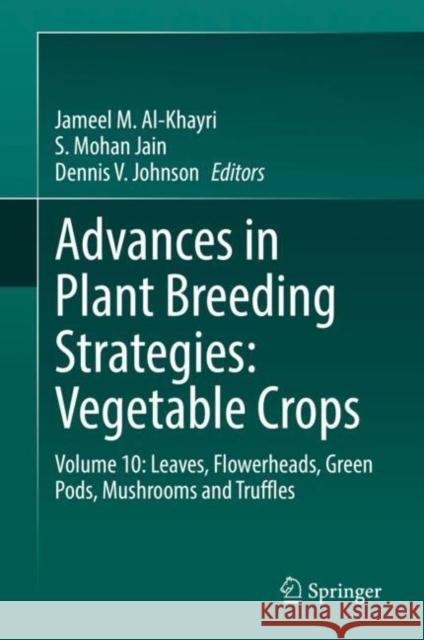Advances in Plant Breeding Strategies: Vegetable Crops: Volume 10: Leaves, Flowerheads, Green Pods, Mushrooms and Truffles » książka
topmenu
Advances in Plant Breeding Strategies: Vegetable Crops: Volume 10: Leaves, Flowerheads, Green Pods, Mushrooms and Truffles
ISBN-13: 9783030669683 / Angielski / Twarda / 2021 / 546 str.
Advances in Plant Breeding Strategies: Vegetable Crops: Volume 10: Leaves, Flowerheads, Green Pods, Mushrooms and Truffles
ISBN-13: 9783030669683 / Angielski / Twarda / 2021 / 546 str.
cena 923,70
(netto: 879,71 VAT: 5%)
Najniższa cena z 30 dni: 886,75
(netto: 879,71 VAT: 5%)
Najniższa cena z 30 dni: 886,75
Termin realizacji zamówienia:
ok. 22 dni roboczych.
ok. 22 dni roboczych.
Darmowa dostawa!
Kategorie:
Kategorie BISAC:
Wydawca:
Springer
Język:
Angielski
ISBN-13:
9783030669683
Rok wydania:
2021
Wydanie:
2021
Ilość stron:
546
Waga:
1.08 kg
Wymiary:
23.88 x 20.57 x 3.05
Oprawa:
Twarda
Wolumenów:
01
Dodatkowe informacje:
Wydanie ilustrowane











